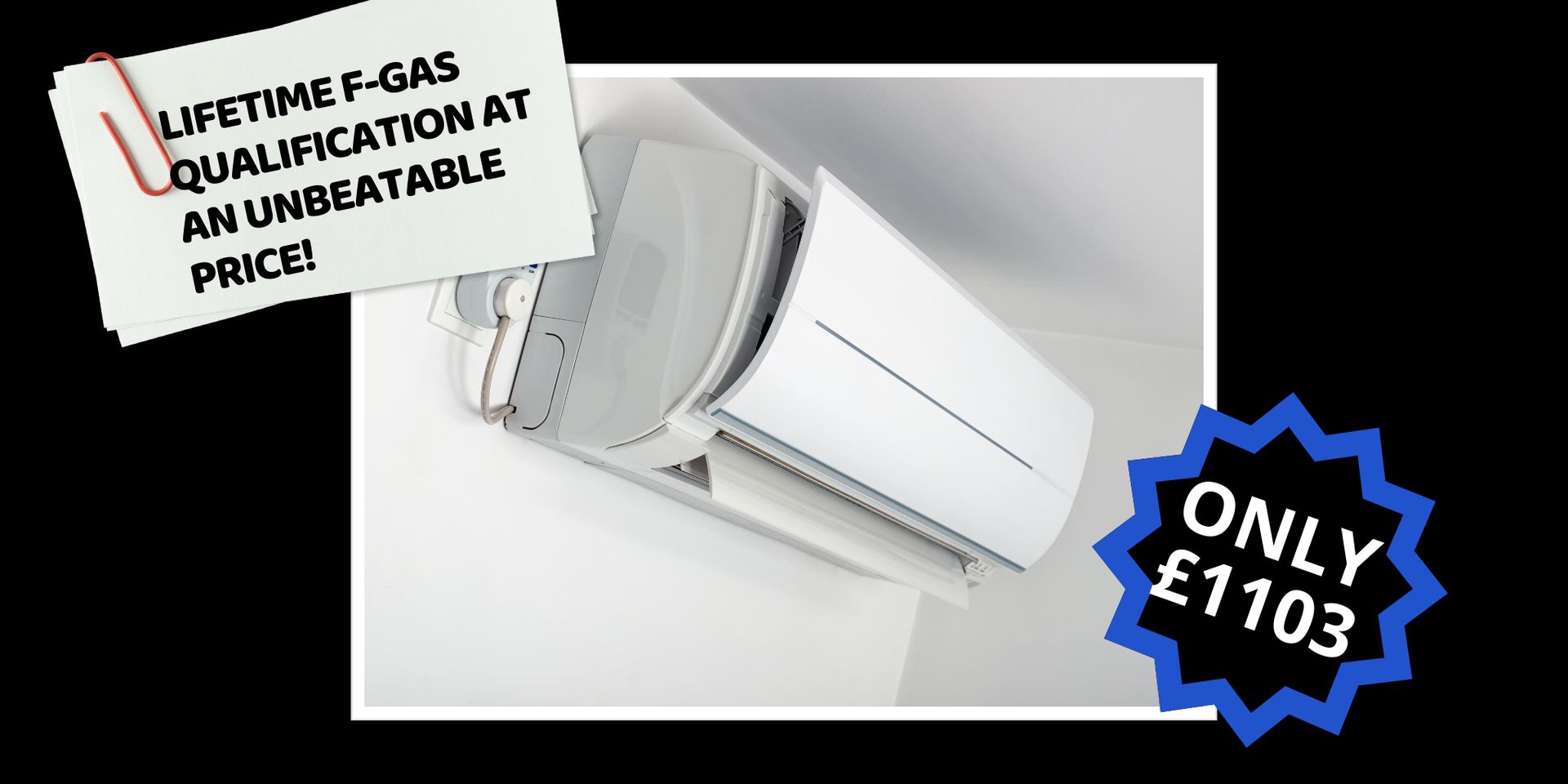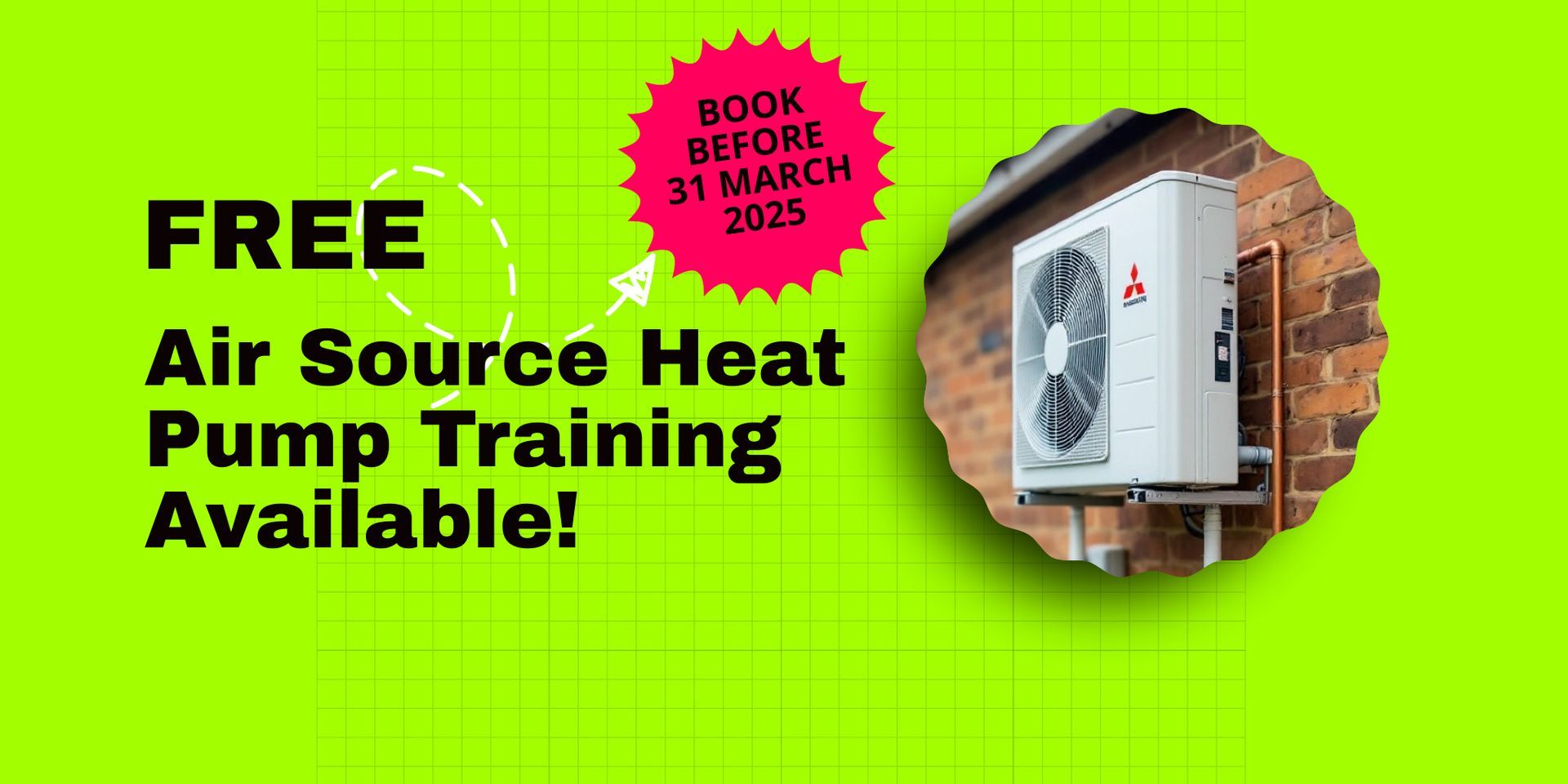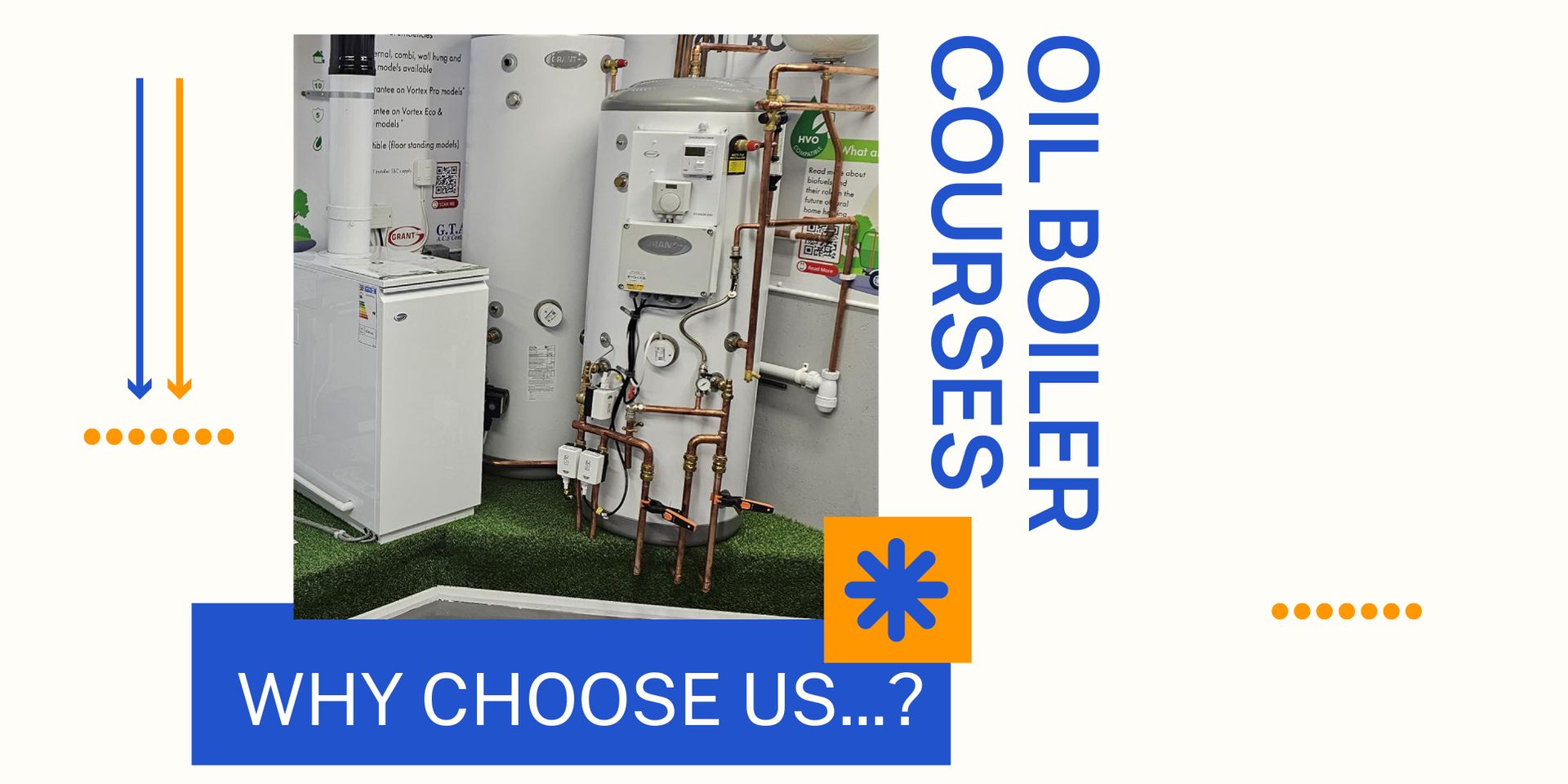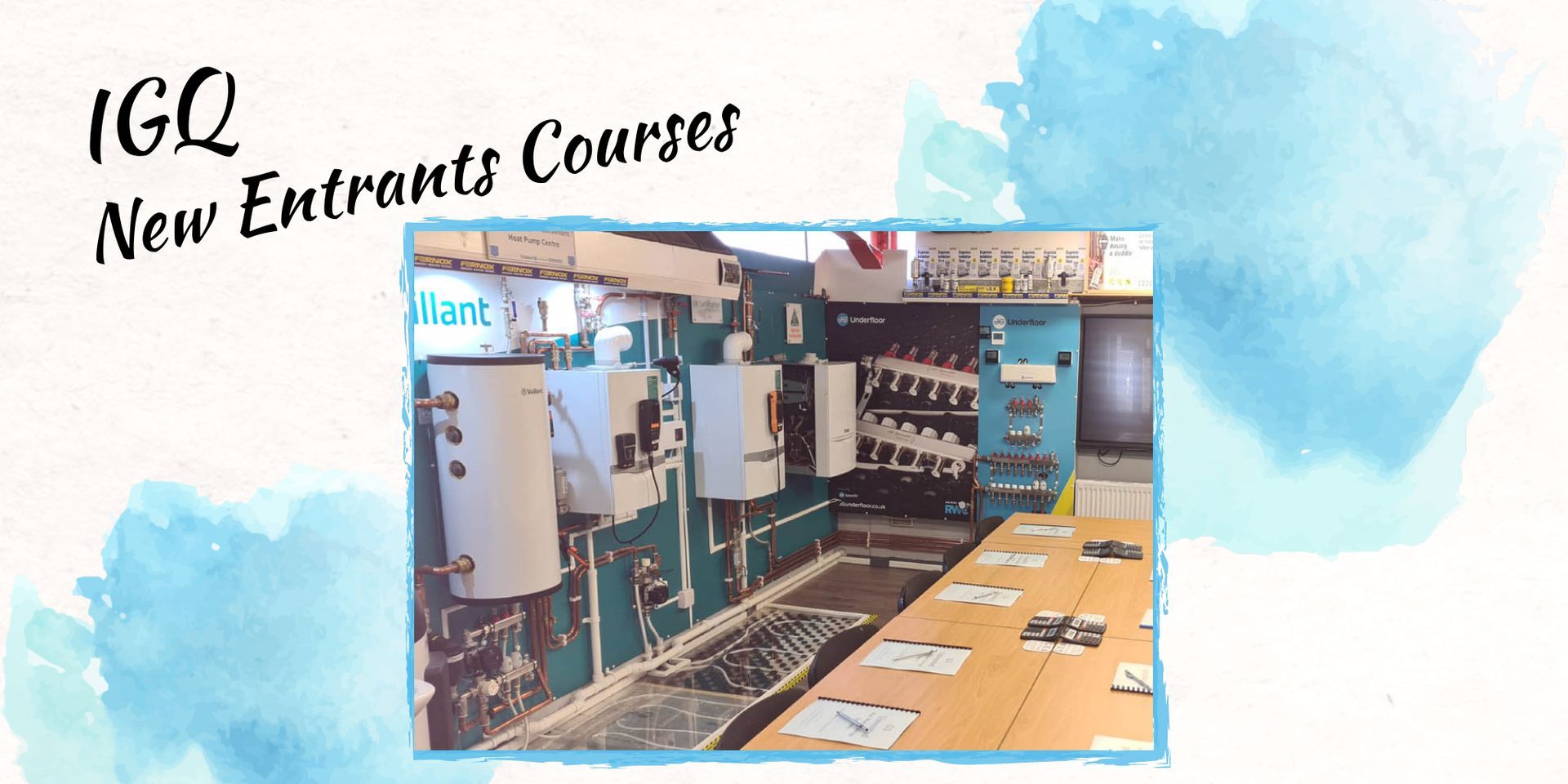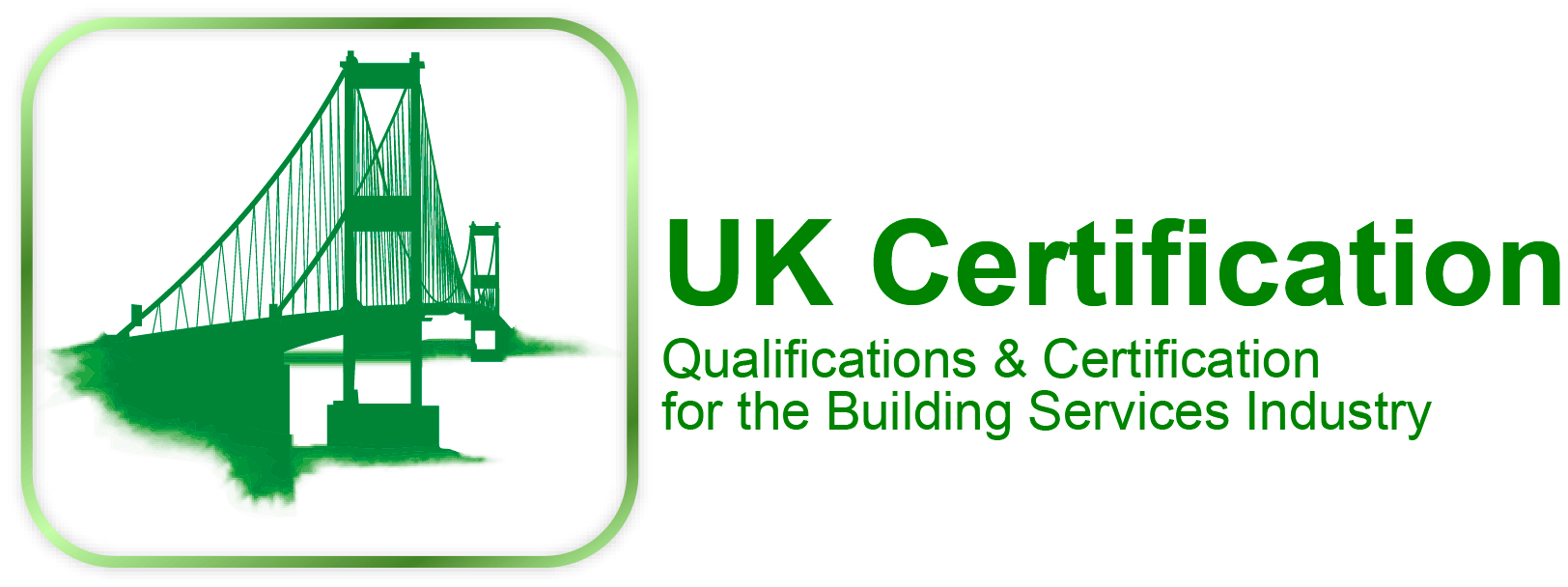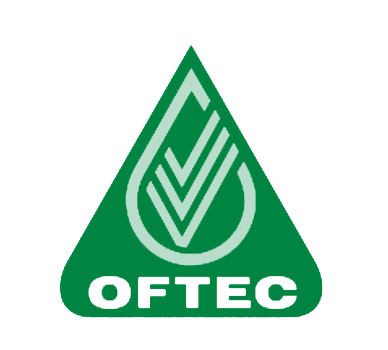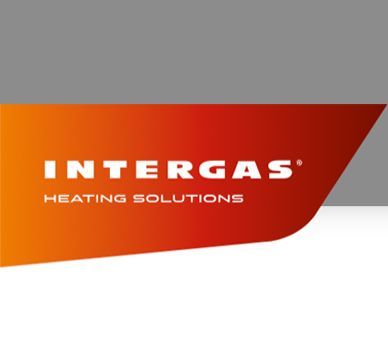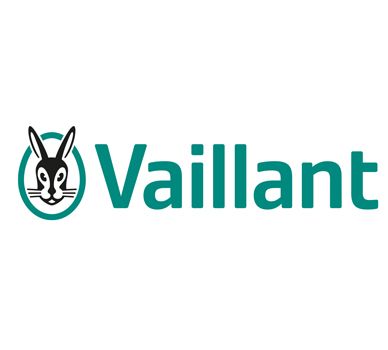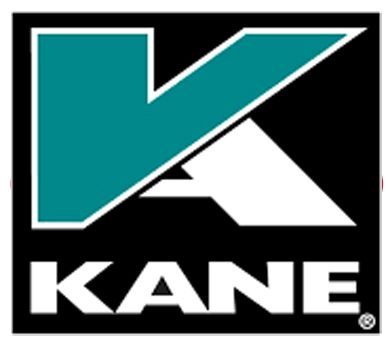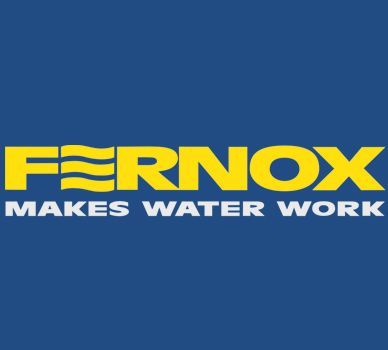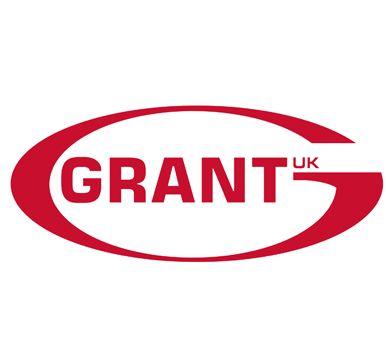System filters and water treatment – do we need them?
Do we really need system filters and water treatment to ensure that our heating system remains efficient and reliable?
As all Gas Safe engineers should be aware, the quality of the water in the primary circuit of a heating system has a significant effect on how the system will perform in the long term. Dirty water leads to more breakdowns as debris builds up in the components – particularly combination boilers where the plate heat exchanger has fine water passages that can end up catching debris. This will lead to poor heat transfer and as such, the customer complaining and warranty call outs.
So why are system filters and water treatment so important?
British standards for system filters and water treatment
The British Standard on boiler installations actually requires the system water to be within 10% of the quality of the tap water – hence the need for a thorough power flush and a filter to catch all of the material that the power flush doesn’t remove or forms in the future.
Some boiler manufacturers are now even including their preferred filter unit with the boiler to encourage its fitting and so improve the system quality. Presumably this is in the hope that there would be a reduction in the amount of calls to the manufacture for warranty repairs caused by dirty water. This is especially important with warranty lengths being long; a seven year warranty is no longer unusual and that needs clean water to avoid problems building up and causing a breakdown.
Corrosion in boiler systems
Having flushed the system and fitted the filter the system will be full of fresh, clean tap water which leads us to the next problem: corrosion.
Fresh water contains oxygen and the system typically contains steel radiators, copper pipes and brass fittings. The copper and brass are pretty much chemically inert; however the steel radiators will react with the oxygen to form iron oxide (magnetite). This black magnetic material varies in size, from very small particles that will freely travel around the system to large flakes that will easily catch in any narrow water ways and eventually reduce the water flow and reduce performance. Even the small particles will build up over time and lead to problems.
The magnet in the filter catches these particles as they flow along the return pipe to the boiler. Annual cleaning of the filter ensures it stays in operation by preventing excessive build up. This annual clean gives us, as engineers a good idea of how dirty the system is and whether a power flush should be recommended to the customer to improve the system efficiency.
To prevent corrosion, boiler manufacturers require gas installers to add a corrosion inhibitor to the system once the work is finished. As long as nobody dilutes the inhibitor by taking off radiators to decorate or change components in the boiler the water will be nice and clean for the future.
Therefore, the answer to the question: ‘system filters and water treatment – do we need them?’ is yes . We do need to fit filters and add inhibitor for the system to remain in good condition and give the customer an efficient and reliable heating system.
We hope you found our article ‘System filters and water treatment – do we need them?’ informative. Please do not hesitate to contact Gas Training & Assessment if you are interested in pursuing or progressing a career in the gas industry.







